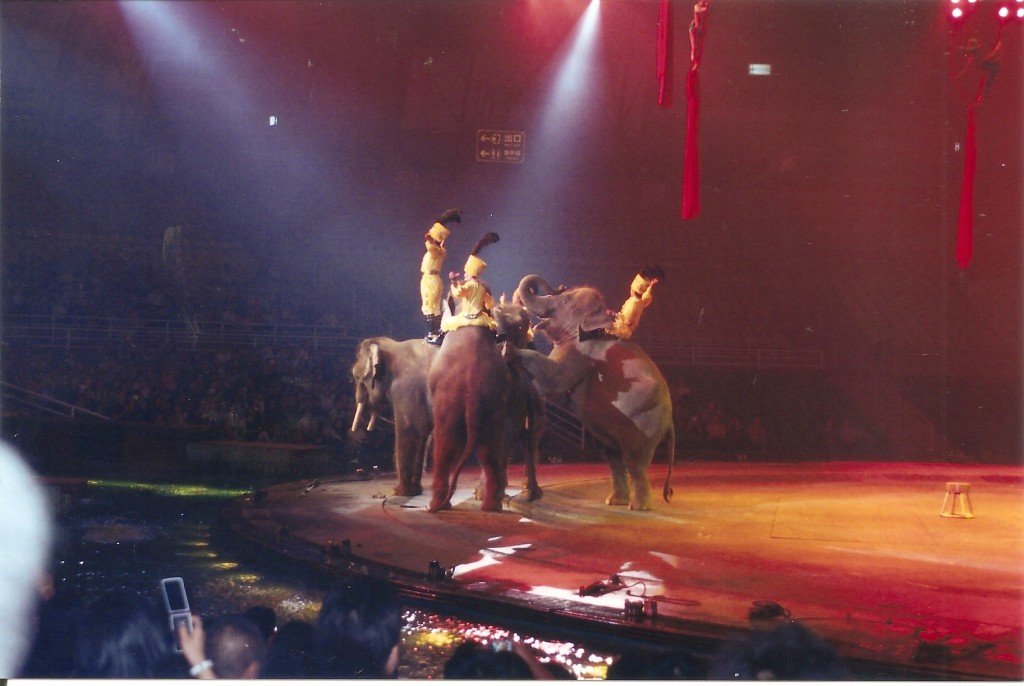Conservationists are raising alarm this weekend over Zimbabwe’s decision to export a large number of its elephants to China. Zimbabwe authorities have proceeded to export the first batch of elephants and are now separating the second batch of elephant calves from their mothers and underfeeding them, to prepare them before they are sold and exported.
The Zimbabwe independent reported that last week, 24 of the country’s elephants were exported to China in a controversial government deal that has yet to be completely laid bare. According to the newspaper, another 170 are due to be exported soon.
As part of being prepared for the oncoming shipping, the newspaper reported that the elephants, most of whom were between two-and-a-half and five years old and still heavily dependent on their mothers, would be separated from their maternal parents and underfed.
Johnny Rodriguez, Chairman of animal rights group Conservation Task Force said, “Some 24 elephants are en route to China as we speak after they were taken from their families in Hwange national park. The conditions in which these animals were exported are extremely cruel and we condemn the whole idea of separating baby elephants from their mothers.”
The Zimbabwe government has not declared how much the deal is worth. However, conservationists have pegged the figure as between $40,000 and $60,000 per elephant.
The elephants are reported to be destined for Chimelong Safari Park in Guangdong, China. The park has stirred controversy in many conservationist circles since animals often appear in circus like performances. A broadcast travel story by CNN termed the park “surreal, intriguing and disconcerting all at once.”
The fact that the elephants are being shipped to China, a country known to be one of the largest importers of poached ivory, has also raised a lot of worry.
Poachers kill elephants by the droves and saw off their tusks, selling them for over $1000 a pound in the illegal but vibrant Asian black market.
In April, US actress and animal rights activist Pamela Anderson had petitioned the government of Zimbabwe against exporting the baby calves to China, saying that such a move was likely to cause the elephants emotional stress.
Zimbabwe authorities responded by stating the proceeds from the sale would be used in beefing up conservation efforts within the country’s parks. Zimbabwe has been seeing an increase in illegal poaching recently with 300 elephants killed last year after poachers poisoned water holes.
Zimbabwe is currently knee deep in hyperinflation that has seen the country’s currency eroded many times over. Through the sale of elephants, one of the country’s natural resources, the government may be attempting to raise foreign currency to beat the biting inflation. However, the result may just be more detrimental to the country’s economy and even worse for its international image.
Stay Connected